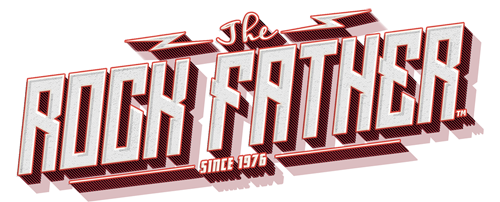Miracle cure, urban myth, or placebo effect? Here’s what you need to know about these popular hangover cures.
For many Americans, alcohol plays a role in most major social events. But what might start off as a fun-filled evening can quickly turn into a morning full of regret. Despite all your best efforts, you wake up with a pounding headache and feel as if you’ve been run over by a truck. Now what?
You probably go in search of the perfect hangover cure. But is there really such a thing? We’d like to believe so, but science often begs to differ.
If your first stop is your kitchen or a local diner, you definitely aren’t alone. A big plate of eggs and bacon, heavy on the grease, is often thought of as the go-to in situations like these. There’s actually a reason why you might feel a little more human-like after you go ham on your breakfast: it probably contains cysteine — an amino acid that is thought to counteract acetaldehyde, a toxin your body produces when you drink alcohol. Acetaldehyde can make you feel nauseated and can even increase your heart rate, so anything you can do to bring your body back into balance helps. And while the idea of “lining your stomach” with milk prior to a night out isn’t likely to do a thing, the stomach absorbs around 20% of the alcohol you consume. Experts say eating a meal that contains protein, carbohydrates, and fats can slow down the absorption of alcohol at least a bit and make for an easier wake-up call.
Speaking of wake-up calls, it’s time for your morning coffee. Approximately 54% of Americans over the age of 18 drink coffee every day, and many people swear by a hot cup of the black stuff to sober themselves up or to bring them back to life after having one too many shots at the bar. Unfortunately, coffee isn’t the magic elixir we think it is. In fact, it can make things worse due to the dehydrating effects of caffeine and the sensitivities others may have to this stimulant. It can also keep you from getting the sleep your body needs to properly recover from a night of partying. We gravitate towards caffeine to counteract the effects alcohol has on our sleep quality, but the minimal relief it may provide probably won’t be enough to instantly make you feel bright-eyed and bushy-tailed.
Realistically, a clearer beverage may be your best bet. Wholly 71% of the Earth is covered by water, which is about how much we think we need to feel normal again after drinking too much. Because alcohol is a diuretic, it makes us urinate more often and thusly removes a vast amount of water from our systems. Dehydration is, not surprisingly, one of the most commonly reported symptoms people experience when they have a hangover. Upping your water and electrolyte intake can certainly help, but it’s not a cure-all. Pedialyte isn’t either (despite what the brand would like you to think), though a lot of adults are eager to try their newly marketed products. If you really want to take hydration to the extreme, you could always try IV therapy — but it’s not yet clear whether it’ll end up being the panacea hard drinkers are hoping for.
In fact, some people think that the hangover cure will never be discovered at all. As journalist and author Shaughnessy Bishop-Stall told The Verge:
“There’s still not much effort to look into it as a medical condition. There is a group of 10 scientists from around the world who get together once a year to talk about their academic findings. They’re really looking at the underlying cause of hangover and they’re a very separate group from the more entrepreneurial folks who are looking at hangovers from the top down… The research guys have zero interest in solving the hangover, they’re just looking at what causes it and they won’t even have conversations about what might work to solve it … There’s also a lot of skepticism around hangover cures. For some reason, a lot of people know that we can send people into space, but think there’s no way…we could actually cure the common hangover. It’s baffling to me how people are resistant even when it shouldn’t be that difficult compared to so much of what else we’ve been able to do scientifically. Maybe it just points to some human need to not cure this thing, so that we don’t all get stupid drunk all the time.”
We’ve been trying to figure out a cure for the hangover since alcohol was first invented, but we’ve come no closer to the answer now than we did in 7,000 B.C. In the meantime, these traditional methods might take the edge off — though your best bet is probably to drink in moderation from the start.


